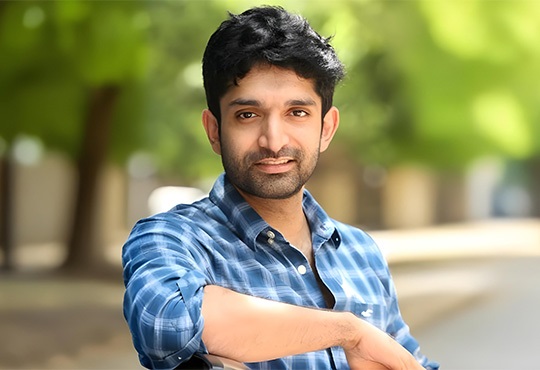Will AI Replace Engineers? Or Just Make Them Superhuman?
 As Artificial Intelligence (AI) continues to reshape the capabilities of machines, a question remains on the minds of many professionals: Is AI going to replace engineers, or is it going to be the tool that enhances their performance? The fear of being replaced is not new. Every industrial revolution has come with its own wave of concern about machines taking jobs. However, the case of engineering does seem to be developing a far more collaborative approach between man and machine.
As Artificial Intelligence (AI) continues to reshape the capabilities of machines, a question remains on the minds of many professionals: Is AI going to replace engineers, or is it going to be the tool that enhances their performance? The fear of being replaced is not new. Every industrial revolution has come with its own wave of concern about machines taking jobs. However, the case of engineering does seem to be developing a far more collaborative approach between man and machine.
Engineering is fundamentally a creative and problem-solving process. It requires imagination, critical thinking, intuition, and an ability to deal with uncertainty - all traits that are natural to humans. The development of AI may allow for fast data processing, pattern identification, and optimal design, but AI remains incapable of understanding nuance, context, ethics, and purpose in a way that human engineers can. AI will not replace engineers. It will increasingly augment their abilities to be better decision-makers and connect ideas more quickly to innovation by becoming an increasingly potent partner in the engineering process.
AI as an Enabler: Freeing Engineers to Innovate Beyond Routine
Think about how AI is already being built into fields like civil, mechanical, and even software engineering. Generative design software is capable of producing thousands of design iterations based on the defined parameters, something that would take a team of humans’ weeks, if not months, to accomplish. In software development, AI code assistants can identify bugs, suggest optimisations, and produce functional code snippets within seconds. In the electronics field, AI models can provide simulations of circuits or predict system responses before a single prototype is even produced. These examples are not indicators of replacement but rather indicators of augmentation. AI cannot replace the engineer; rather, it frees the engineer from tiring, repetitive tasks to focus on higher-order thinking and creative thinking.
However, this transformation does not come without its challenges. Engineers need to adapt. The future engineer will not only need to understand traditional engineering concepts but also be well-versed in data science, machine learning, and algorithmic thinking. The existing skillset is changing rapidly, and now schools are being asked to modify programs that have not changed for decades. Engineers that view AI as a co-pilot than a rival will be light years ahead in this extended space.
AI has yet to capture an incredibly important human element: ethics, empathy, and social responsibility. Engineering decisions are not made in a vacuum and they always have consequences: on communities, environments, and lives. AI is great at optimizing for efficiency, but it cannot assess the ethical trade-offs or anticipate the societal impact of its outputs in the same way people can. This is why we all need to recognize the responsibilities of engineers as not just design-builders, but as stewards of responsible innovation.
The bridges between disciplines, stakeholders & interests
In addition, collaboration and communication are still intrinsic to Engineering which AI has not even begun to master; complex projects often involve complicated negotiations, teamwork, and the ability to interpret the technical solution in business and/or human terms. Engineers are frequently the bridges between disciplines, between stakeholders, and between interests, which requires emotional and cultural intelligence far beyond what is possible to produce algorithmically.
In many ways, the emergence of AI in engineering mirrors the arrival of calculators in mathematics or computer-aided design in architecture. Initially met with scepticism, these tools eventually became standard practice—extending human capabilities rather than replacing them. The same trajectory is likely for AI. Engineers who learn to harness AI effectively will be able to solve problems faster, design smarter, and think bigger than ever before.
In the end, AI is not going to replace engineers. It is going to redefine what it is to be an engineer. The engineer of the future will not just be defined by their technical expertise but by their ability to collaborate with intelligent systems, to deal with uncertainty, and to apply human intuition to complex problems. Engineers will not be made obsolete. In fact, they will be more necessary now than in the past - powered by AI instead of powered out of existence. Engineers won't be replaced in this new era. They will be superhuman!

.jpg)